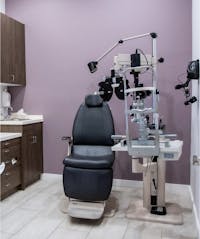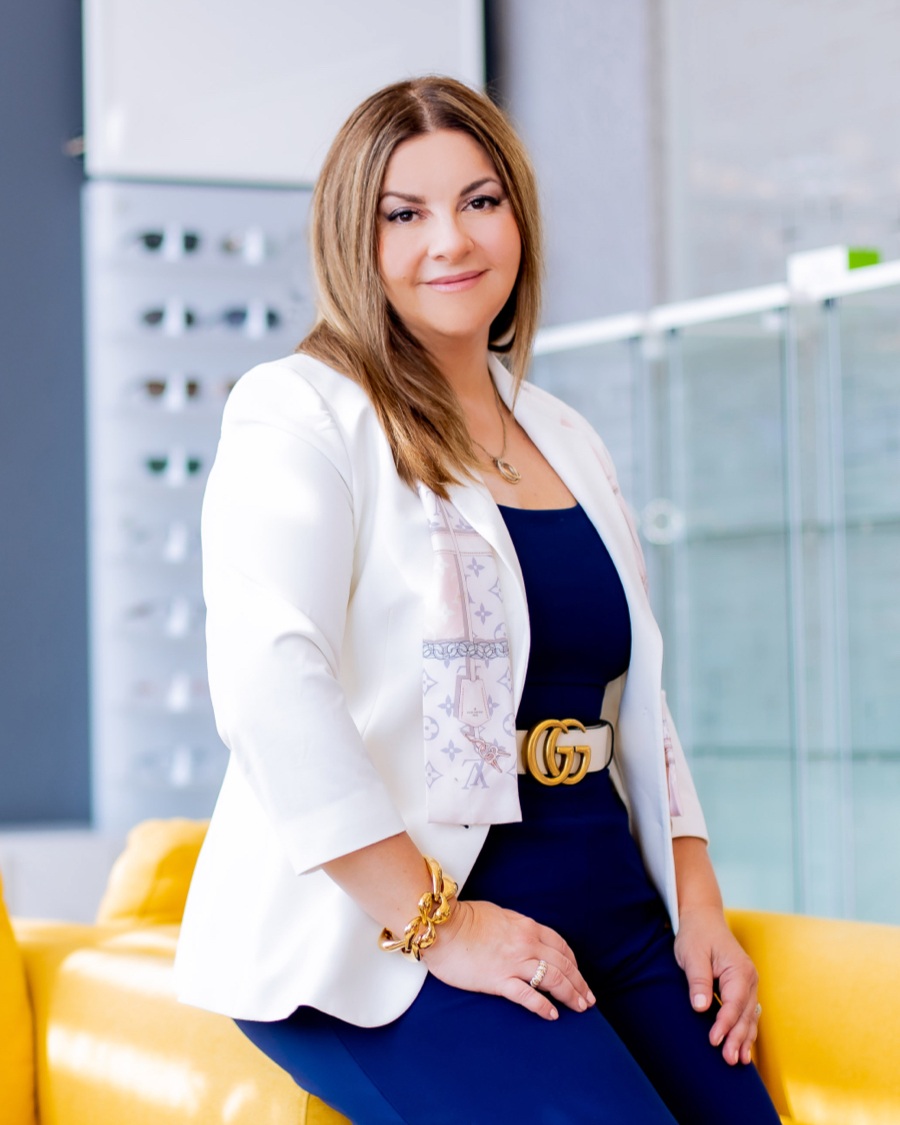Regain visual clarity and return to the life you love with cataract surgery in Manhattan at New York Laser Vision. Our expert team offers advanced, minimally invasive treatment options designed to enhance your eyesight and restore confidence.
How Much Does Premium Cataract Surgery Cost in NYC?
While standard cataract surgery might be covered by the health insurance, premium cataract surgery is usually not. Premium cataract surgery combines cataract removal with advanced vision correction and typically costs from $2,000 to $7,500 per eye in New York.
At New York Laser Vision, our Premium cataract packages are highly customized and involve the use of the best available laser and implant technology. The cost of premium cataract surgery at our clinic ranges from $2,900 to $7,500 per eye. The price might be lower if you have health insurance coverage, since part of the procedure might be medically necessary and covered by your insurance.
The type of surgery and implant our surgeons recommend is highly individual, depending on your desires, eye condition, and lifestyle. Our mission is to restore clear vision, reduce dependence on glasses, and improve your long-term quality of life.


























